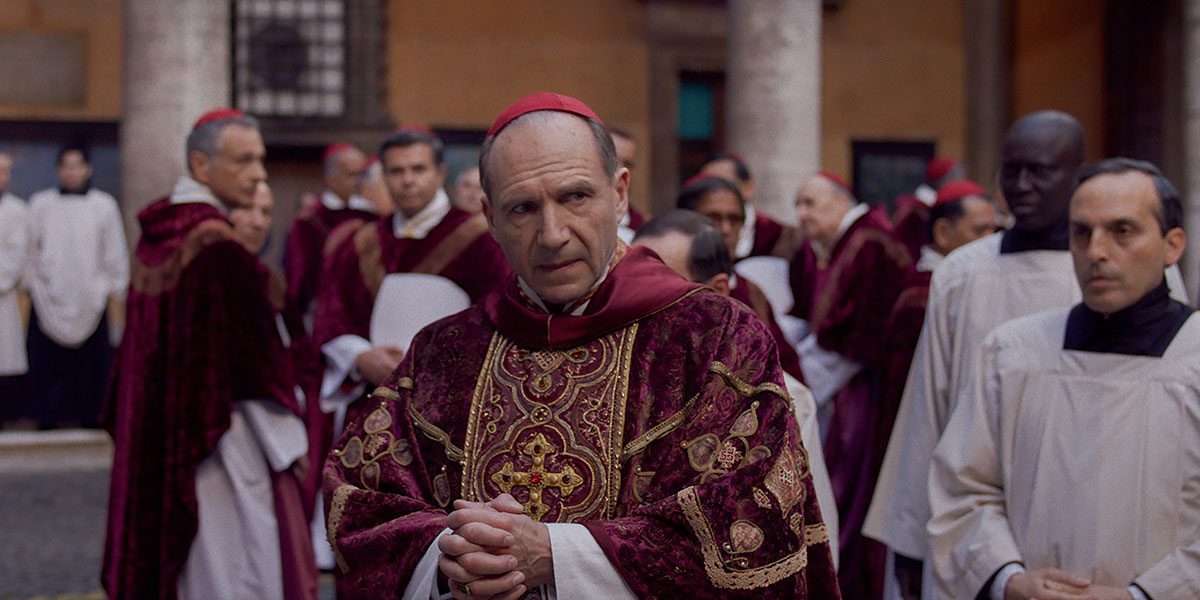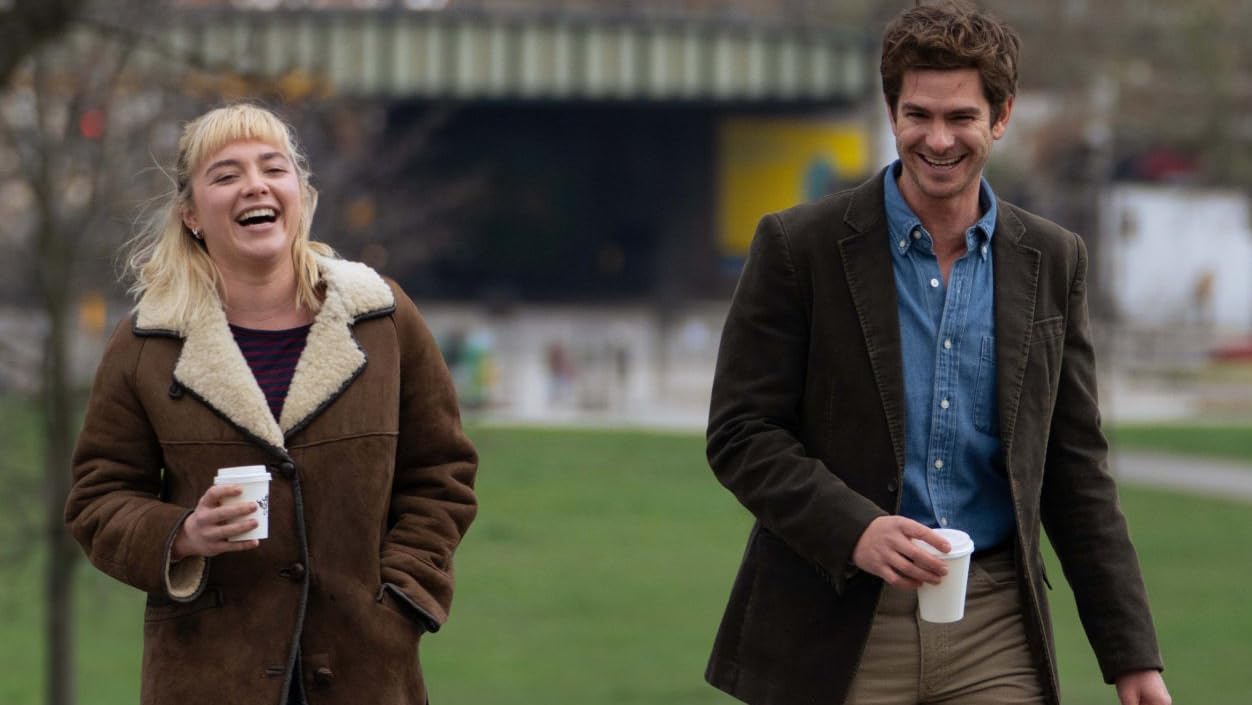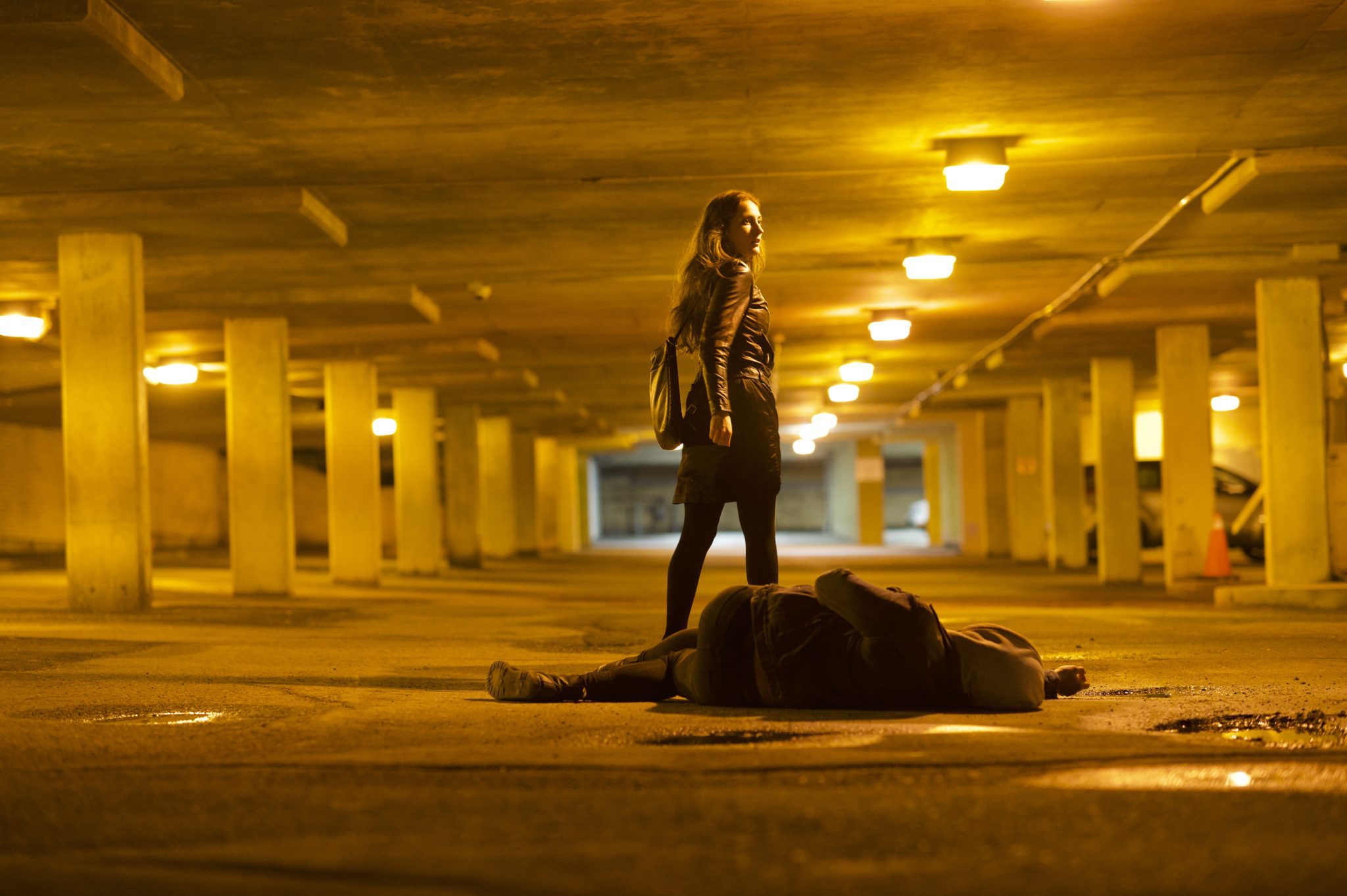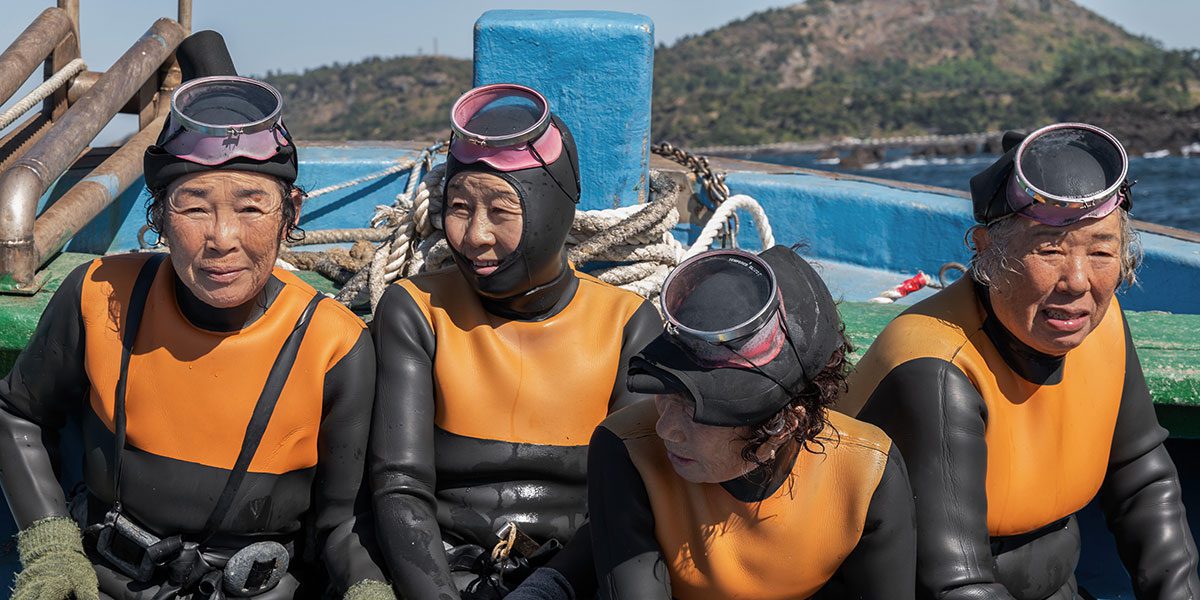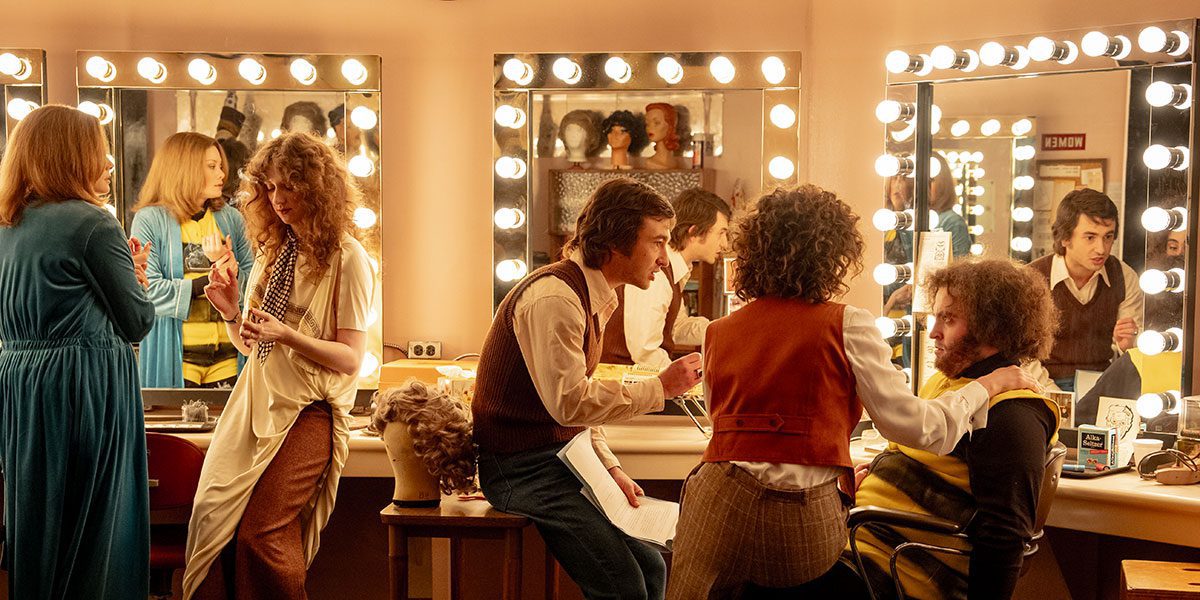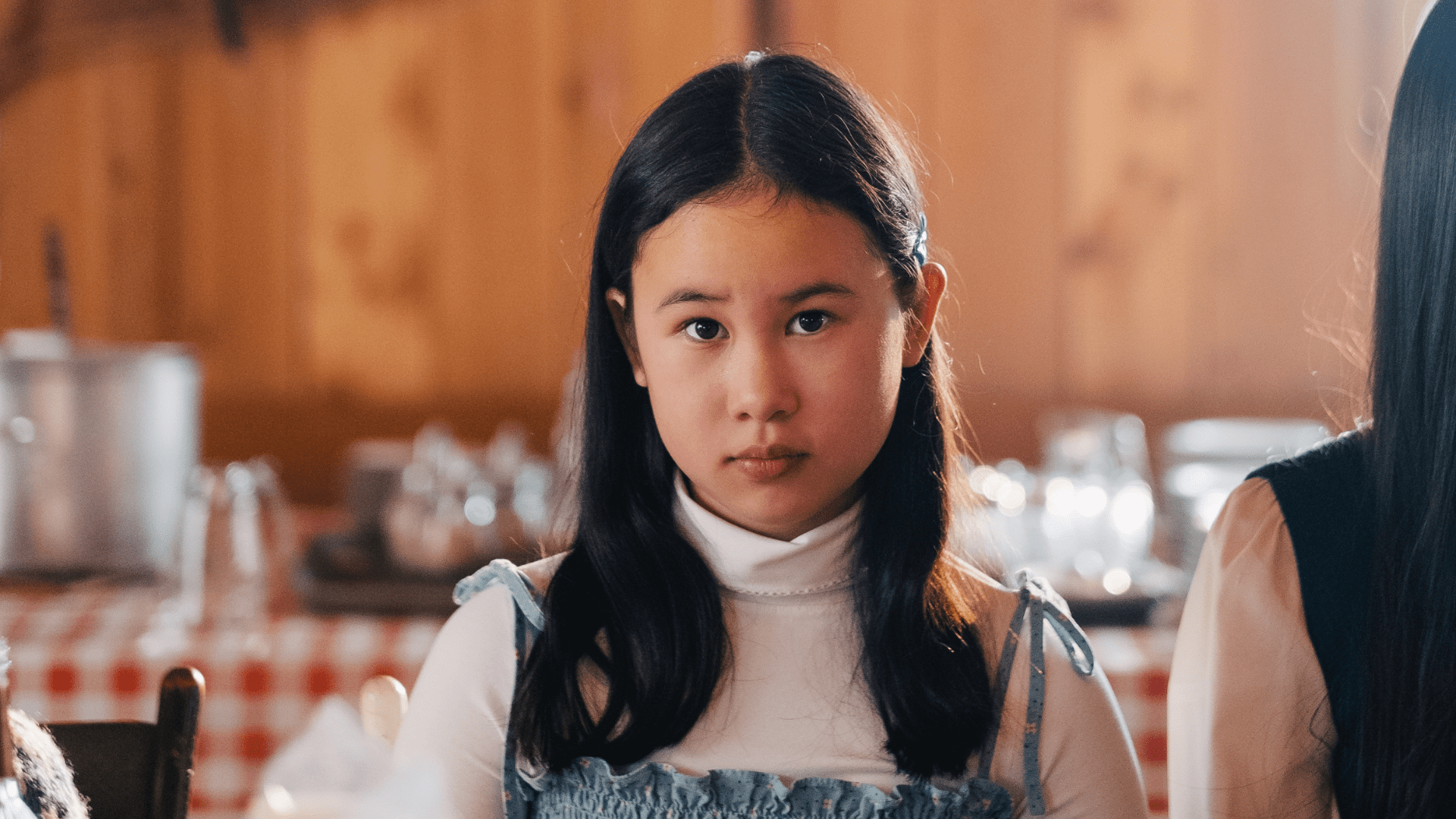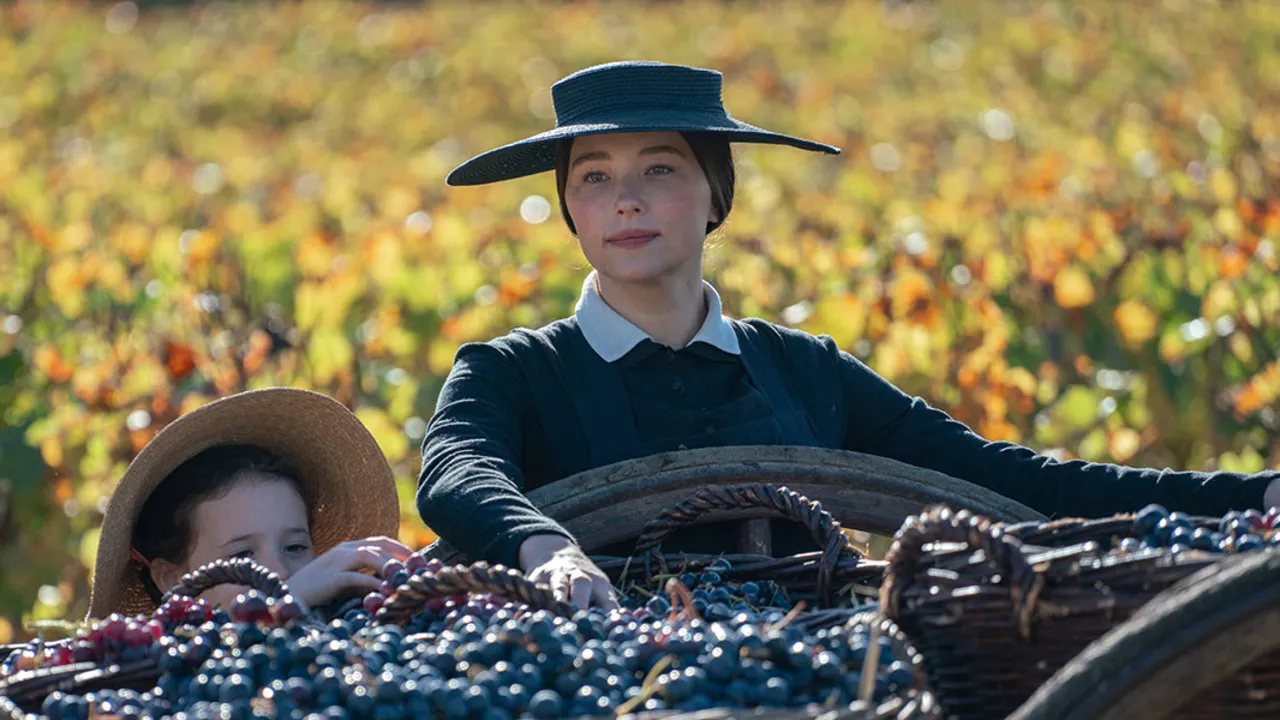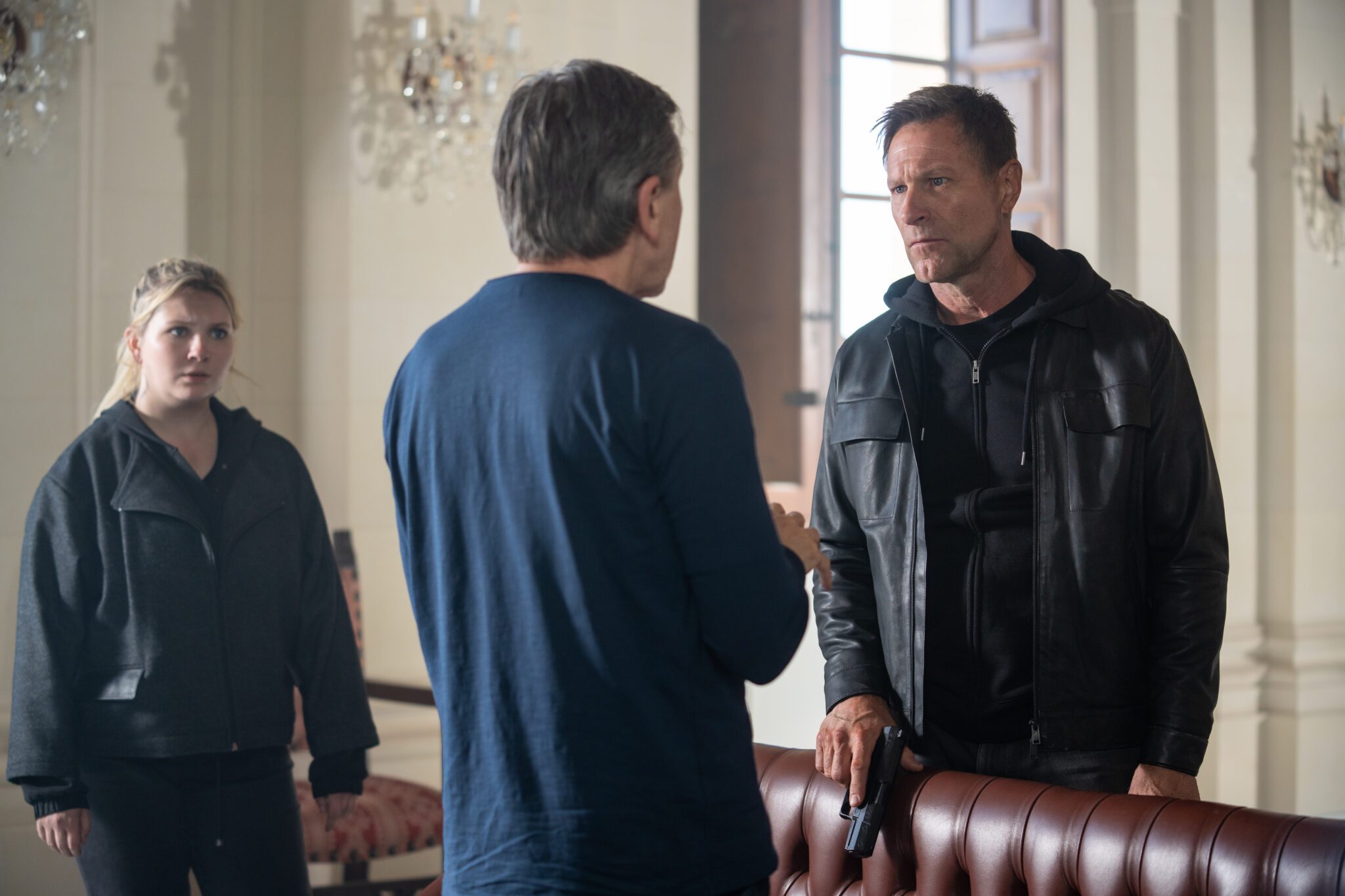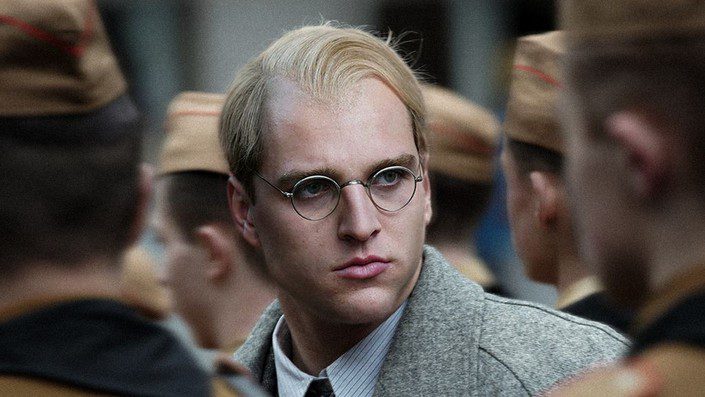If you had told me that the best thriller of the year would involve electing a new...
Film Festivals
In the turbulent political era in which we live, it’s important to keep a level head. After...
Tick. Tick. Tick. For every one of us, the clock is always moving. Time moves forward and...
If ‘fierce’ is a film, it might be Compulsus. Compulsus tells the story of Wally (Lesley Smith), a woman...
When you work in the ocean, you can find yourselves battling the tide. Taking the viewer into...
“The show doesn’t go on because it’s ready. It goes on because it’s 11:30.” Directed by Jason...
Sometimes, even the most enjoyable horror films can get lost in the wilderness. Set in 1930s Oklahoma, Hold...
(This weekend, we celebrate the inaugural County Adaptation Film Festival in Picton, ON with reviews of this...
(This weekend, we celebrate the inaugural County Adaptation Film Festival in Picton, ON with reviews of this...
The Wild Robot is simply extraordinary. With humour and heart, director Chris Sanders (Lilo and Stitch) has created...

